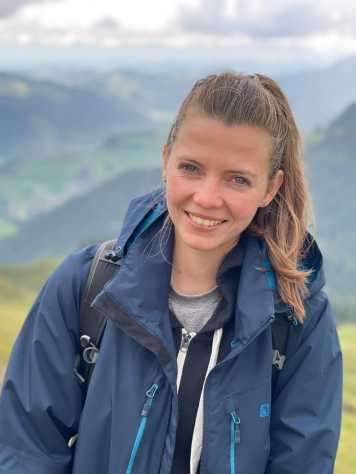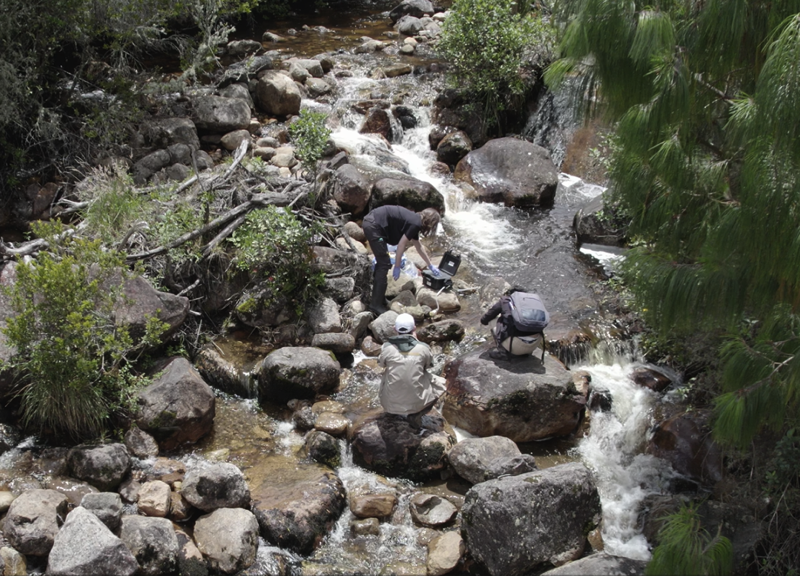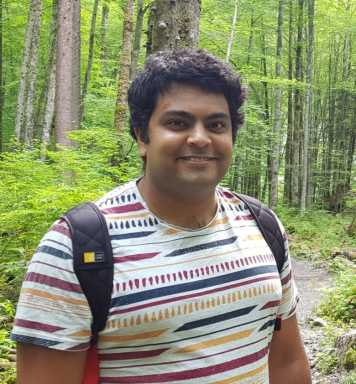eDNA MOOC - Concepts and applications for biodiversity monitoring
edX Massive Open Online Course on Environmental DNA
The overall goal is to develop the first Massive Open Online Course (MOOC) on environmental DNA (eDNA) analysis, covering all relevant aspects from eDNA sampling, laboratory and bioinformatic analysis, analysis of results and possible applications. The participants will be guided through the entire workflow of application of this technology and learn how to analyse large biodiversity data sets and how to use the results as a basis for informed policy decisions. The proposed MOOC will enable participants to gain expertise in environmental DNA in two pillars. The goal of the first pillar is to learn the theoretical background of eDNA. A mix of video lectures, video interviews with leading experts, quizzes and interactive simulations ensures a variety of methods and active learning. The second pillar contains different case studies that focus on applying the methods learned in the first pillar to real-life problems in different ecosystems around the world.
We need to train a new generation of future scientists, managers and policy makers how to use and interpret data coming from DNA-based monitoring. eDNA metabarcoding is an important method for the future because of its fast implementation and broad application across many ecosystems, but there is currently no training offered at ETH. Specifically, ETH students and participants of the MOOC will learn to collect the appropriate data, analyse and understand the limitation of eDNA data in order to eventually monitor and inform solutions to present environmental problems.
The MOOC will provide an overview of the entire eDNA workflow, and ETH is well positioned to offer this given the available expertise that is involved in setting the analytic standards for eDNA research, which will be used to educate participants in this new MOOC. The course will also be able to showcase the eDNA research and teaching conducted at ETH (with the involvement of WSL).
The course will offer a variety of different learning materials and methods, spanning from educational video inputs, text and graph-based information to practicals designed to be executed in the computer software language R. A forum will be set up that allows the clarification of further questions (also by fellow participants) and exchange of common questions and misconceptions. We will focus on different ecosystems and present a variety of case studies and sampling methods to make the course as interesting as possible for a diverse and international audience.
The MOOC will be available as an external page ETH Zurich course on the edX platform for online education.

Marion Muff

